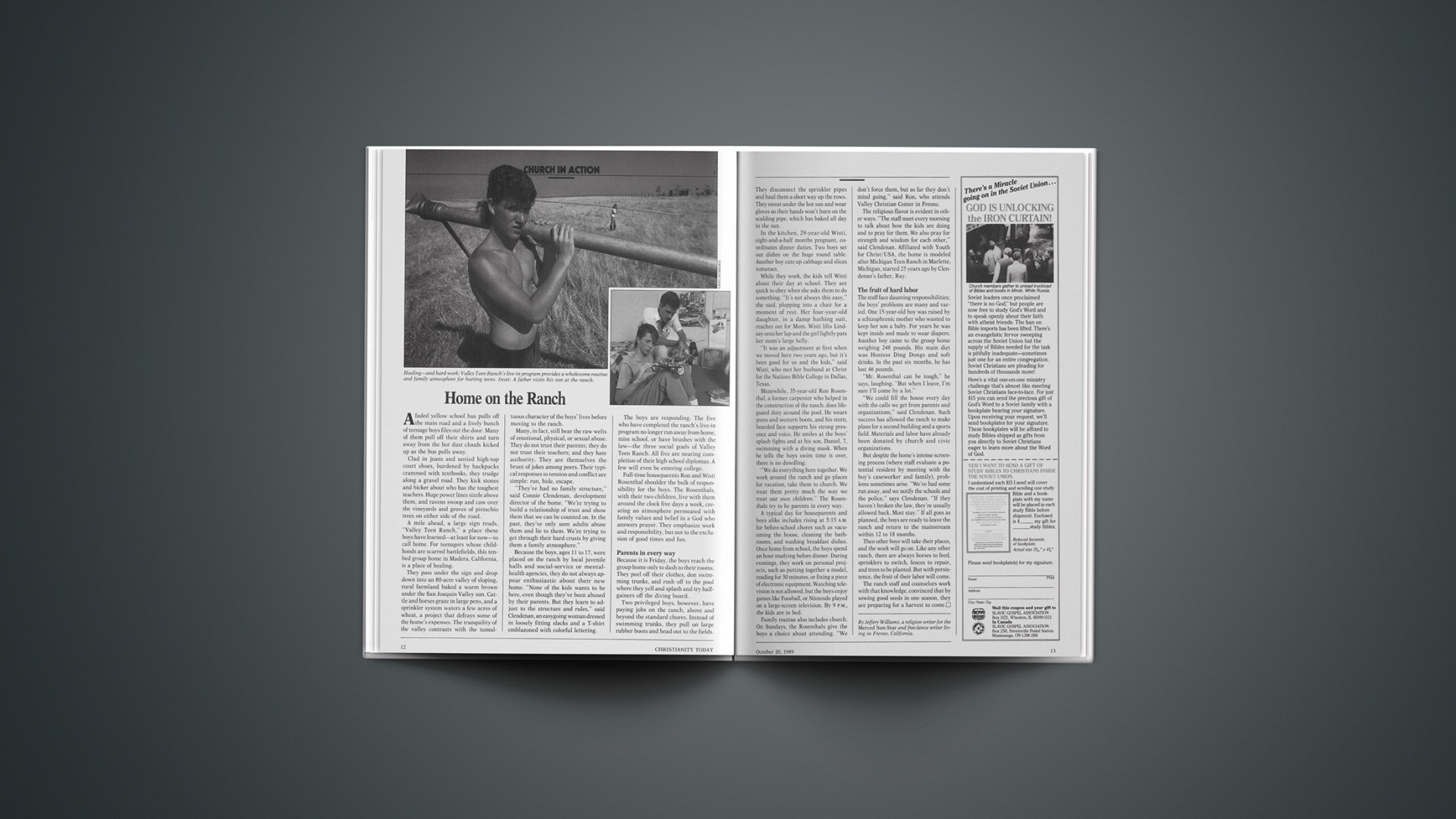Once again the brave new world of biotechnology has led us into a legal wasteland where precedent is unknown and no decision is a good decision.
The Tennessee custody trial over seven frozen embryos brought earlier this year by Junior Davis against his estranged wife, Mary Sue Davis, posed plenty of puzzles for amateur ethicists and junior jurists: Should Mary Sue be allowed to have her own fertilized eggs implanted in her own womb? Should Junior be required to pay child support for any test-tube babies conceived with his sperm, but implanted without his permission? Should he be allowed to block implantation of the frozen embryos? Do the embryos themselves have a legal and moral right to be given a chance at gestation and birth?
Such tough questions make great fodder for ethicists, but for barren couples who see in vitro fertilization (IVF) as the scientific miracle they have been seeking, a more basic issue arises: money. According to Beth Spring, author of Childless: The Hurt and the Hope, IVF is a “phenomenally expensive” procedure, one that she and her husband shunned because of the intensity of the process and the fiscal drain involved. A couple seeking IVF can expect to pay between $4,500 and $8,000 for treatment during each monthly cycle in which they are trying to conceive. If no pregnancy occurs within six months, they lose from $27,000 to $48,000.
The procedure requires much more than money. It requires commitment: a woman undergoing IVF must make daily trips to the doctor to be injected with hormones, before she ovulates, and to be monitored closely with blood tests and sonograms. In one case reported in Ms., the patient missed so much work she had to quit her job. In many cases, only part of the cost is covered by medical insurance since the procedure is still considered “experimental.” Thus, the money largely comes directly from the pockets of emotionally vulnerable couples who are desperate to try anything that offers the promise of a child.
“We felt the money would be much better spent on adoption,” says Spring, “since there are children who need homes. And that is an issue of Christian stewardship. We said, ‘Let’s sink our resources into adopting someone who needs us, rather than into an improbable chance at pregnancy.’ ”
Improbable? The statistics for the success of this “experimental” procedure are still low: only about 12 percent of implanted embryos are carried to term. According to one estimate, one ovarian-stimulation cycle of IVF offers couples only a 9 percent chance of having a baby. And of the 180 IVF programs in the United States, about 40 have yet to produce a baby.
The moral questions about IVF are many. But the stewardship factor itself should be enough to discourage Christian couples from using this procedure:
1. The lack of reports of any black, Hispanic, or other minority child born of IVF suggests the procedure is a high-tech solution for only the wealthy.
2. The skyrocketing costs of medical insurance suggest that avoiding such expensive solutions to non-life threatening disorders should not be added to our pooled medical expense.
3. But most of all, the needs of children who are not blond, healthy infants cry out for the expenditure of our love and our dollars. Couples who insist on having a perfect baby will have to wait a long time. But those who want to hold and help a child who does not fit the popular profile—a child already in grade school, a mixed-race infant, a foreign child, a handicapped child—will find their homes twice blessed.
By David Neff.










